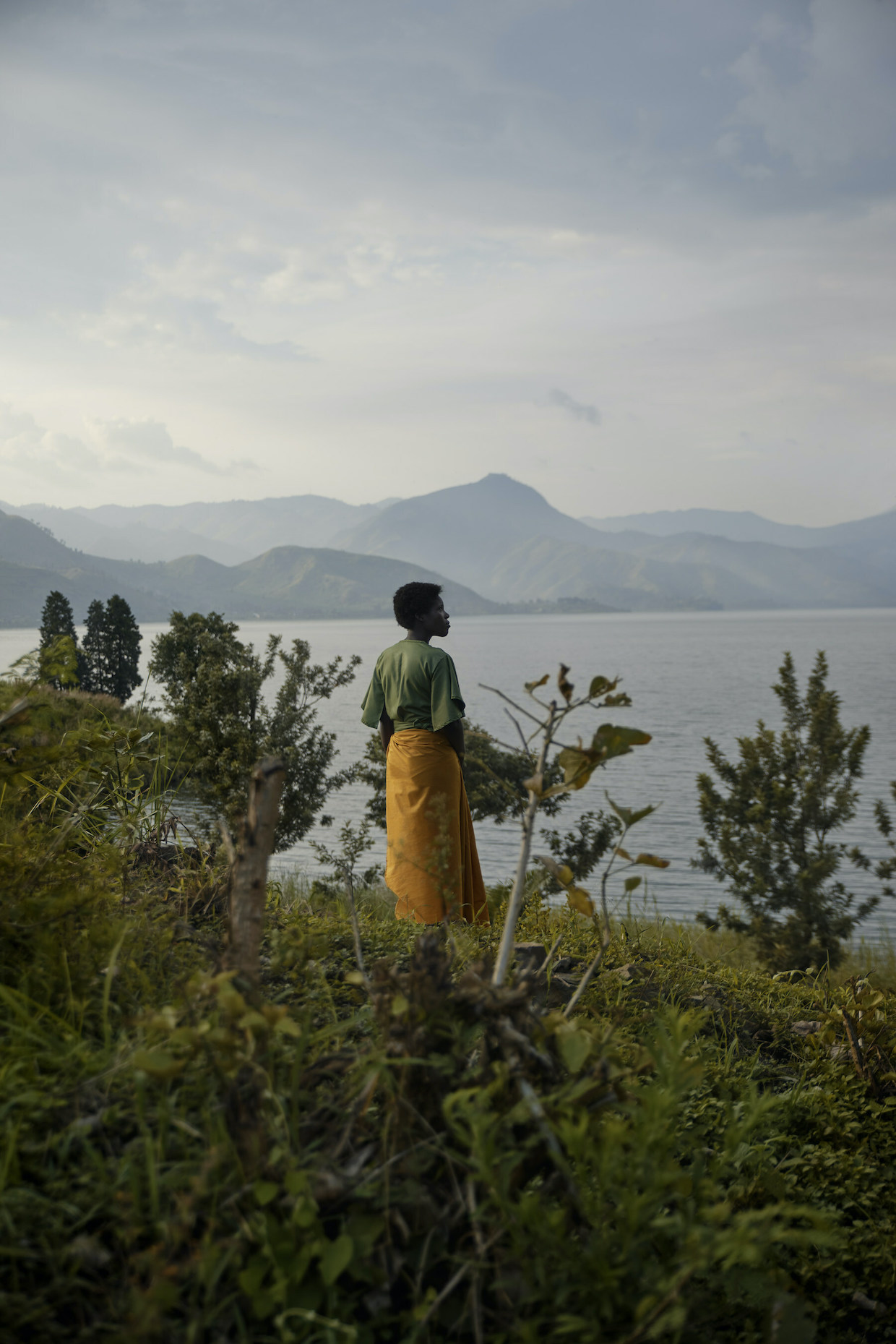Nestlé-owned coffee giant Nespresso today announced plans to spend US$20 million on coffee purchases and technical assistance in the Democratic Republic of Congo (DRC), as well as an “ambition” to help fundraise $20 million more to support the eastern DRC coffee sector.
With numerous nonprofit and NGO partners in the DRC and abroad, the pledge is part of Nespresso’s ongoing “Reviving Origins” program, which has involved purchasing and assistance in coffee-producing areas that have been negatively affected by natural disasters, civil unrest or other afflictions.
The program has also notably involved undisclosed multichannel marketing spends — including support from longtime brand ambassador George Clooney — while resulting in direct sales of Nespresso capsule products.
Nespresso first brought a roasted and packaged DRC-grown coffee to the U.S. market in 2020, while announcing its “long-term support” for the DRC coffee sector. A year later, in 2021, Nespresso joined green trader Ofi and international development firm Technoserve in a USAID-funded, DRC-focused initiative called the Gorilla Coffee Alliance. The financial commitments involved in the alliance were not made public at the time.
In an announcement today, Nespresso CEO Guillaume Le Cunff said partners in the DRC initiative moving forward include coffee farmers in the Kivu region, the Eastern Congo Initiative (ECI)/ASILI, Technoserve, USAID, The Global Environment Facility (GEF), Clarmondial, International Union for Conservation of Nature (IUCN) and Virunga Coffee.
According to Nespresso, the $20 million pledge will go towards green coffee purchases, including price premiums associated with quality and Nespresso’s in-house sustainability scheme AAA, as well as to projects in coffee-farming communities addressing regenerative farming practices, gender equality, clean water access and healthcare.
Coffee has historically been an important export crop for the DRC, where nationalized production peaked throughout the 1980s and 90s. Years of civil conflict, decimated infrastructure and instability among buyers severely hampered the ability of the nation’s smallholders to grow and sell coffee, and by 2010 it was estimated that countrywide production was one tenth of what it was in 1990.
The country’s main arabica-growing region along the shores of Lake Kivu on the country’s eastern edge is widely believed to offer immense potential for coffee quality that can rival some of the finest coffees coming out of nearby countries such as Rwanda and Kenya.
In today’s announcement, Le Cunff said, “In the context of escalating violence in eastern DRC, where access to water is becoming insufficient, water-borne illnesses have resurfaced and daily life is under significant upheaval, it is even more critical to help build community resilience, access to health care and clean water, as well as support farmer livelihoods by continuing to give them access to the global market and empowering them in their agricultural transition.”
Comments? Questions? News to share? Contact DCN’s editors here.
Nick Brown
Nick Brown is the editor of Daily Coffee News by Roast Magazine.








Comment